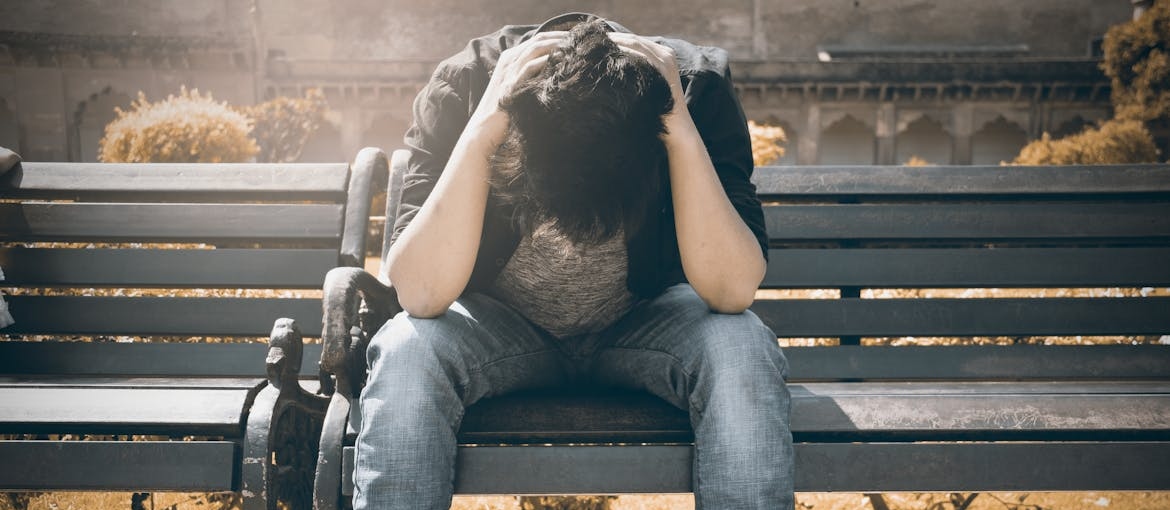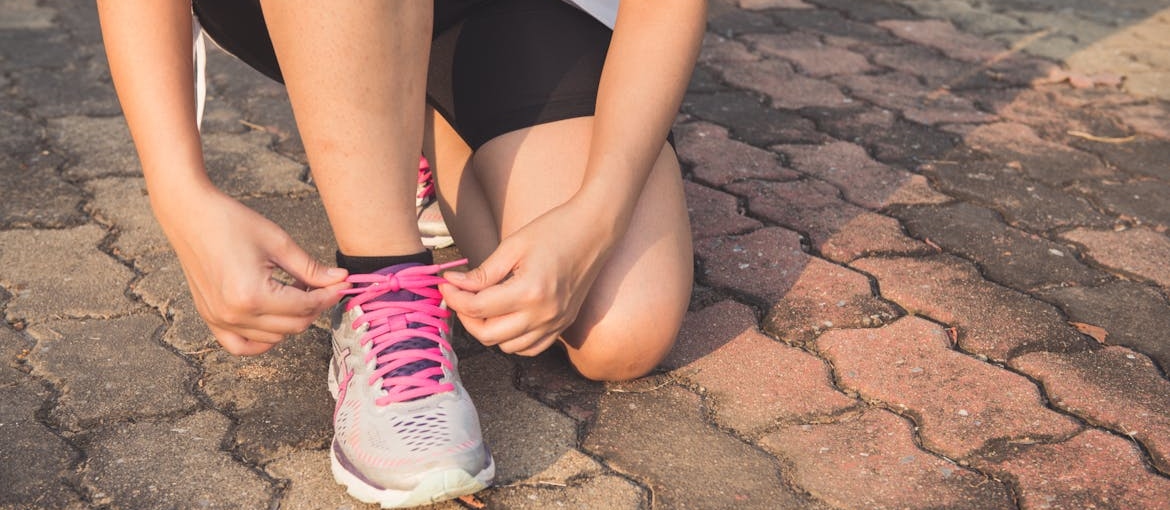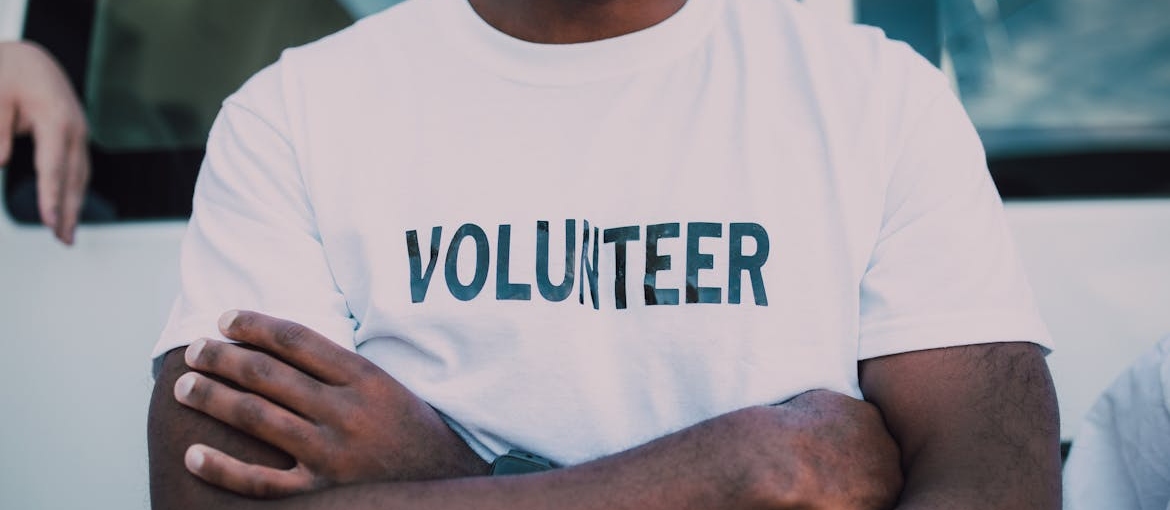Social isolation after leaving rehab is a serious risk, and it’s more common than you might think. Studies show about 40% of people in early recovery feel isolated or cut off from others. That loneliness can push people back into old habits fast. You worked hard to get clean, but staying connected is just as important now. Feeling alone doesn’t mean you failed. It’s a normal part of recovery, but you don’t have to face it alone. There are real ways to rebuild your social life, even if it feels impossible at first. Many people turn to drug and alcohol treatment centers in West Virginia for extra support when things get tough. This guide shares simple ways to handle isolation, boost your mental health, and stay strong in recovery. Let’s talk about what actually helps.
What Causes Social Isolation After Leaving Rehab?
Feeling cut off after rehab is common and can happen fast. You leave a structured place and suddenly face the real world again. That shift can be scary. Many people feel judged or worry about fitting back in. Old friends may not support your new lifestyle, which makes it worse. The mix of fear, shame, and uncertainty feeds isolation and addiction cycles. Knowing the reasons helps you fight back and build a stronger support system:
- Emotional shifts: Recovery brings a flood of feelings.
- Loss of old friends: Some friendships don’t survive sobriety.
- Fear of judgment: People worry others will look down on them.
- Stigma: Addiction still carries heavy shame in many places.
- Trust issues: It’s hard to open up after addiction.
- Lifestyle changes: Your old habits no longer fit your new life.

Why Isolation Increases Mental Health Risks
Staying connected after rehab isn’t just nice—it’s a lifeline. Isolation increases risks of depression, anxiety, and relapse. Watch for warning signs early and take action:
- Depression: Isolation worsens sadness and hopelessness.
- Anxiety: Being alone increases worry and fear.
- Relapse risk: Loneliness often leads people back to using.
- Low self-worth: You may feel like you don’t deserve support.
- Lack of motivation: Isolation can kill your energy to keep trying.
- Hopelessness: Long-term isolation can make life feel pointless.
How Therapy Helps You Overcome Social Isolation
Therapy plays a huge role in breaking the cycle of social isolation after leaving rehab. It gives you tools to manage anxiety and build real confidence. Many people feel stuck when loneliness after rehab hits hard. Therapy offers a space to talk, heal, and plan your next steps. You’ll also work through emotional struggles after inpatient rehab that often block progress. Let’s look at the best ways therapy helps you reconnect and move forward.
Using Cognitive Behavioral Therapy for Social Anxiety
Social anxiety makes it hard to reconnect, especially after rehab. Many people feel frozen when facing simple things like a chat with neighbors. Cognitive Behavioral Therapy (CBT) teaches you how to break that fear into smaller steps. You’ll work on thoughts that tell you people are judging you. Over time, your confidence grows.

If you combine CBT with individual therapy for addiction, you’ll tackle both your addiction and anxiety at once. This approach works well for coping with loneliness in recovery. Many ask, why do people feel lonely after rehab? It’s because addiction cuts deep into trust and connection. CBT helps you rebuild that. If you feel social isolation after leaving rehab, CBT gives real hope. It’s not quick, but every step counts toward freedom.
Group Therapy Benefits for Addiction Recovery
Group therapy feels scary at first, but it quickly becomes a lifeline. You sit with people who understand exactly what you’re feeling. Group therapy for addiction helps break the isolation because you realize you aren’t alone. Sharing your story makes it easier to face personal fears. You’ll hear how others are overcoming isolation after rehab and feel less strange for your struggles. These bonds can last long after treatment ends.
Setting Personal Growth Goals in Counseling
It’s easy to drift after rehab without clear goals. Counseling keeps you focused on growth. Together with your therapist, you’ll set small and big goals to help you move forward. That keeps you from sliding back into old habits. Some goals might involve work, health, or learning how to rebuild relationships after addiction treatment.
If you’re at a residential treatment center West Virginia locals trust, goal-setting is part of every plan. You might feel lost or stuck at times, but these personal goals give you direction. Social isolation after leaving rehab feels smaller when you have clear steps to follow. Counseling also helps you track progress, celebrate wins, and stay motivated. How can you rebuild a social life after addiction recovery? It starts with goals that push you to connect.
Handling Social Triggers After Addiction Treatment
It’s tough to be around people and places that remind you of using. Social triggers can sneak up anywhere—a party, a bar, even an old friend’s house. Knowing your triggers and planning ahead is key. Practice ways to say no and stay grounded when things get hard. This isn’t about cutting out all social fun. It’s about staying safe and smart while you build new habits. Your health comes first, always.
- Spot your triggers: Make a list of risky situations.
- Set limits: Leave early if things feel off.
- Bring support: Take a sober friend with you.
- Practice your no: Get comfortable saying no firmly.
- Have an exit plan: Always know how to leave fast.
- Reward yourself: Celebrate each win, no matter how small.

Healthy Daily Habits to Stay Connected
Building new habits is one of the best ways to fight social isolation after leaving rehab. A solid routine keeps your mind and body strong. When you feel organized, it’s easier to reconnect with others too. Healthy habits stop loneliness after rehab from taking over your days. These small steps keep you moving forward even when you’re tired or stressed. Let’s look at easy habits that support real change and help you stay connected.
Building a Balanced Routine After Rehab
A balanced routine helps you avoid falling into old patterns. Many people in recovery feel lost without structure, which makes social isolation after leaving rehab worse. Set times for sleep, meals, work, and self-care. The goal is balance, not perfection. Adding structure keeps you grounded and makes space for healthy connections.
If you’re in an intensive outpatient program West Virginia residents use, your schedule will already include therapy and group meetings. Stick to that plan even on hard days. Feeling isolated after addiction treatment shrinks when you stay active. Keep things simple and doable. Over time, this routine becomes your safety net. How important is community support after rehab? Very—and it fits best into a well-planned day.
Staying Active Through Hobbies and Exercise
Hobbies and exercise are powerful tools to fight loneliness after rehab. Moving your body or working with your hands clears your mind and lifts your mood. Social isolation after leaving rehab often feels worse when you sit alone for too long. Hobbies like painting, reading, or gardening help fill that space.
Exercise adds even more benefits. You stay healthy, meet new people, and feel stronger inside and out. Many find that joining a local class or group helps with ways to reconnect after rehab. These simple activities create new friendships and keep you focused on growth. When you feel like isolating, a hobby or walk can change your whole mindset. Staying busy helps break the cycle of feeling alone.

Mindfulness Techniques to Reduce Isolation
Mindfulness teaches you to stay present, even when your mind wants to run away. Social isolation after leaving rehab often brings worry about the past or fear of the future. Mindfulness slows that spiral. Deep breathing, meditation, and simple grounding exercises help you stay calm and connected.
Mindfulness helps when coping with loneliness in recovery because it lets you sit with hard feelings instead of hiding from them. The skills you build now will keep helping long after rehab ends. Mindfulness makes loneliness feel less scary.
Best Ways to Reconnect After Rehab
Rebuilding your social life takes time, but every step counts. Start small and keep it simple:
- Reach out: Call or text someone you trust.
- Join a group: Find local recovery or hobby groups.
- Try volunteering: Give back while meeting people.
- Attend meetings: Regular groups keep you grounded.
- Take a class: Learn something new and connect.
- Be patient: Friendships take time to grow again.
Long-Term Tips to Maintain Social Connections
It’s easy to focus on early recovery, but long-term success depends on keeping social ties strong. Social isolation after leaving rehab can creep back if you don’t keep working on connections. The goal is to make support a steady part of your life, not just a short fix. Staying active in your community protects your sobriety and your mental health. Here are practical long-term tips to help your social life grow.
Volunteering to Build Community Support
Volunteering is a great way to meet new people and give back. It helps fill your time with positive, useful work. Many people who face social isolation after leaving rehab find relief through helping others. Volunteering gives you a sense of purpose and brings you into contact with kind, motivated people. That connection is healing.

It’s also one of the best ways to build social connections in addiction recovery. Whether it’s helping at a food bank or joining a cleanup crew, volunteering keeps you moving forward. It reminds you that you’re part of something bigger. Feeling isolated after addiction treatment fades when you’re helping others. Even a few hours a month makes a real difference in your life and in your recovery.
Staying Connected with a Sponsor or Peer Mentor
A sponsor or peer mentor is your lifeline when things get tough. They’ve walked the path and understand what you’re facing. Regular check-ins keep you honest and help you handle bumps in the road. Social isolation after leaving rehab shrinks when you have someone to call who truly gets it.
These relationships grow trust and accountability. If you don’t have a sponsor yet, ask around in your support group. Support groups for people leaving rehab often help you find the right match. Staying connected this way gives you both strength and insight. It also helps answer the question: how can you rebuild a social life after addiction recovery? One relationship at a time.
Scheduling Regular Social Check-Ins
It’s easy to drift apart from friends and family without meaning to. That’s why setting regular check-ins matters. Put calls, coffee dates, or quick visits on your calendar and stick to them. Social isolation after leaving rehab can sneak back if you don’t stay active about keeping in touch.

These small efforts keep your connections alive and remind you that people care. Rebuilding trust takes time, but simple check-ins show you’re serious about making things work. This habit answers a key need—how to rebuild relationships after addiction treatment—because it keeps communication open. It also helps prevent setbacks and keeps your support system strong long-term. Don’t leave it up to chance; make connection a steady part of your routine.
Overcoming Social Isolation After Leaving Rehab: Key Takeaways
Social isolation after leaving rehab can feel crushing, but you don’t have to face it alone. Recovery is hard, and loneliness makes it even harder. The good news? You have options. Support groups, therapy, and simple daily habits can make a big difference. Staying connected helps protect your sobriety and keeps your mental health strong. Even small steps—like reaching out to a friend or joining a local group—can help you feel less alone. Don’t wait for things to get worse before you act. If you’re struggling with social isolation after leaving rehab, reach out for help today. Talk to your therapist, connect with your sponsor, or join a meeting. Every bit of effort matters, and you deserve support that lasts. Keep pushing forward. You are stronger than you think.



